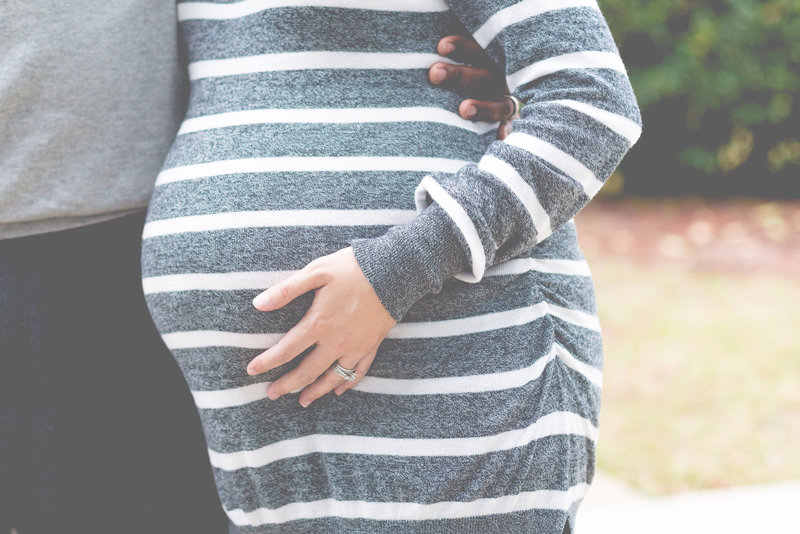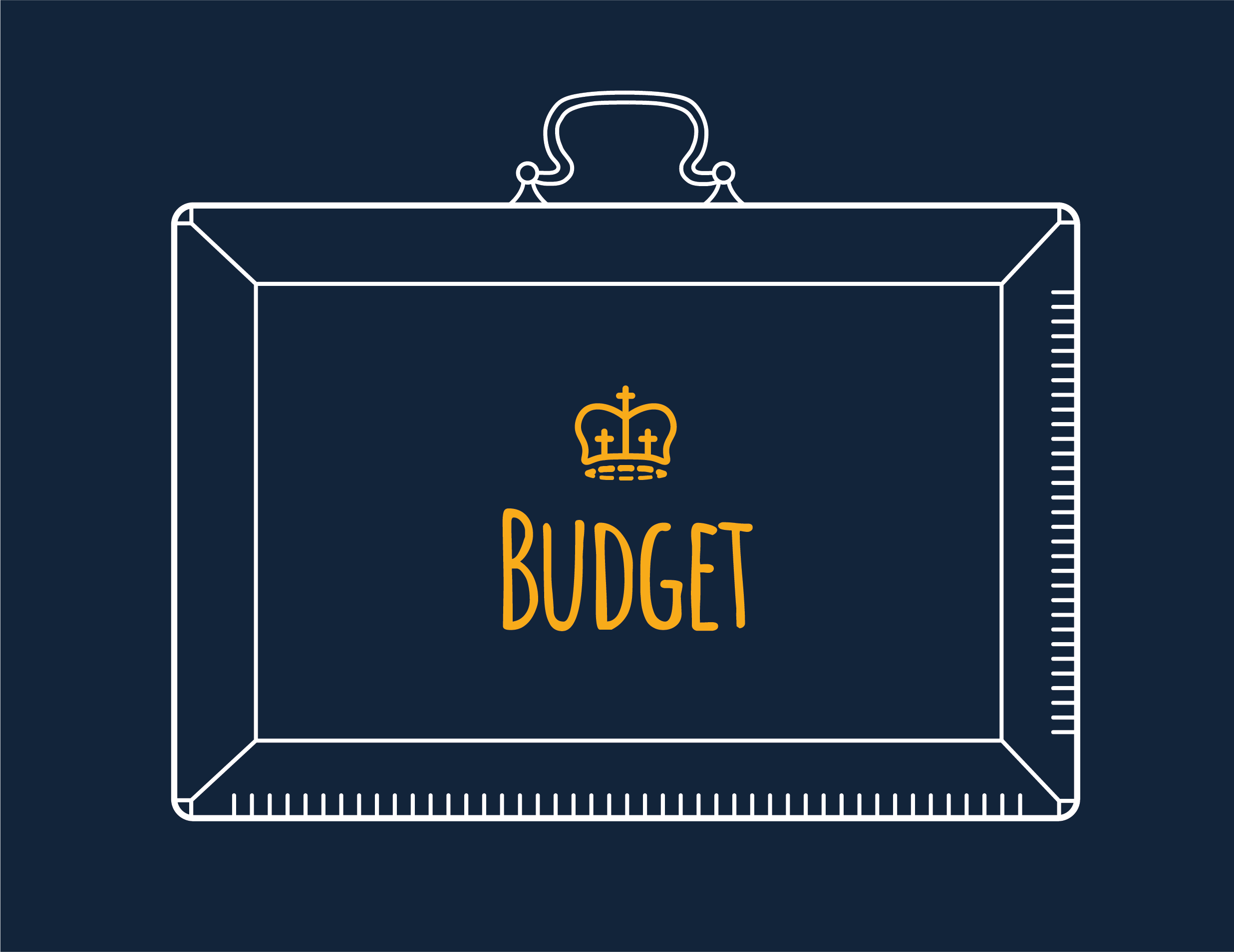
Despite the fact that when it comes to babies, there’s no such thing as ‘typical’, a typical newborn will cost £229,251 as you bring them up to age 21 [1]. Seen written down like that, it’s a terrifying amount. However, that doesn’t change the reality, and so now is the time to start budgeting. Here are the Shepherds Friendly top 10 tips for budgeting when you’re pregnant.
1. Understand the Costs Involved
It’s all very well trying to budget, but when you haven’t entered the world of dirty nappies, newborn snuggles, and getting your child from A to B, how do you know how much you will need? An infant can cost between £1600 and £7200 in their first year, and obviously a lot of that cost is going to come down to some of the choices you make. To get a tailored idea of how much your baby will cost you, have a little play with this Baby Costs Calculator.
2. Be Excited, But be Practical
Preparing for a new arrival is inherently one of life’s most exciting, but also daunting, times. Relish in the excitement, but also take a level-headed and practical approach to kitting out your newborn. They will not care a jot for toys or fancy outfits, and they are going to get given a whole heap as gifts, so use your budget wisely and research reviews for products you will need and are deemed too boring to buy (hmm, muslins anyone?).
3. Don’t Shun Second Hand
For many expectant parents a desire for everything to be new can run rampant through the best-laid budgets. However, many baby things have a very short usable life, and therefore you can get things second-hand that are in excellent condition for a fraction of the cost. Cribs, bouncy chairs, and more all make good second hand purchases. Local NCT Nearly New sales are a good place to start.
4. Don’t Shun Second Hand
No, that’s not a repeated tip. Resale values on certain baby items are high, and selling them through auction sites and social media has never been easier. Join your local Facebook Mums selling group and sell on things your baby no longer needs, then use the money to buy the next item needed.
5. Think Beyond the Birth and the First Few Months
It’s understandable that when you’re pregnant it’s difficult to think beyond the birth to an actual baby, let alone their whole childhood stretching ahead. However, look at our figures earlier in the article again. The cost of a newborn is a tiny fraction of the overall cost of a child, so you need to be sure you are budgeting long-term, and not just for the immediate scenario.
6. Start Saving Now
If you’re thinking: ‘why would a tiny baby need savings?’ then we’ll forgive you. But that tiny baby won’t stay tiny for long, as most mums over the age of 50 will be keen to remind you. That baby is going to become a young person needing driving lessons, help to get through university, a first car, a step on to the property ladder; and these are big sums to find quickly. The sooner you start saving, the bigger the returns could be, so look into saving methods such as a Junior ISA or a Child’s Savings Account. Investing for your child has the potential to provide higher returns over the long term, but you should remember that this put’s their capital at risk.
7. Think About Gifts
If your little one is fortunate enough to be coming in to a world of doting grandparents, aunts, uncles, and Godparents who are likely to want to shower them with gifts, a little careful persuasion can encourage them to make payments into your child’s savings. There are only so many toys a child needs, but they get more expensive as they get older, so giving them the gift of spending power is important.
8. Protect Your Income
Whether you’re planning to return to work after maternity leave, or you’re looking to make some changes to your work-life balance, it is essential that the primary breadwinner has at the very least some form of income protection. Knowing that your child’s security and well-being will be protected in the event of unexpected job loss has the potential to save a great deal of angst down the line.
9. Understand Your Entitlements
Having a baby is going to represent an enormous shake-up to your household finances. Take a few moments to check you’re working with the right figures by being sure of your entitlements by using this Benefits Calculator.
10. Consider Childcare in Advance
Whilst it may seem a little premature to be thinking of childcare when your baby isn’t yet born, looking into your options will ensure that you have the greatest choice, as well as a realistic understanding of what’s in store. Childcare costs are likely to represent one of your largest outgoings over the next few years, so look into local provisions, see what will suit you, and get your baby’s name down to ensure you get what you’re after.
Pregnancy is such an exciting time, filled with anticipation over what is to come. By budgeting carefully, you can limit stress about the costs of parenting and get on with the important task of nurturing your little one until they are ready to meet you.
Sources:
[1] http://www.telegraph.co.uk/news/uknews/11360819/Average-cost-of-raising-a-child-in-UK-230000.html


